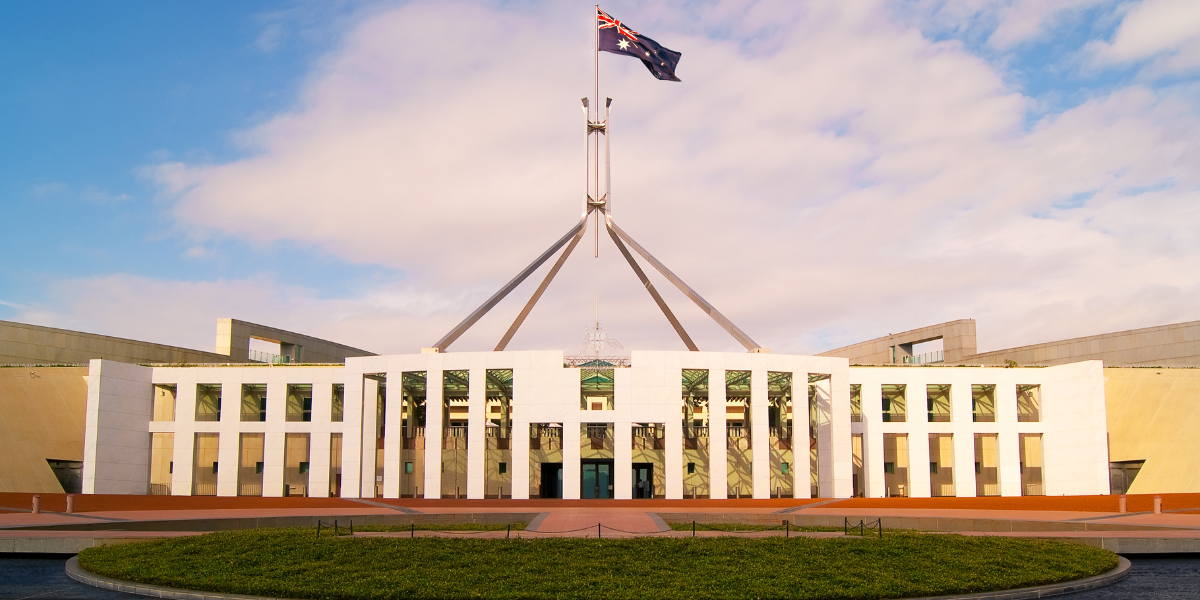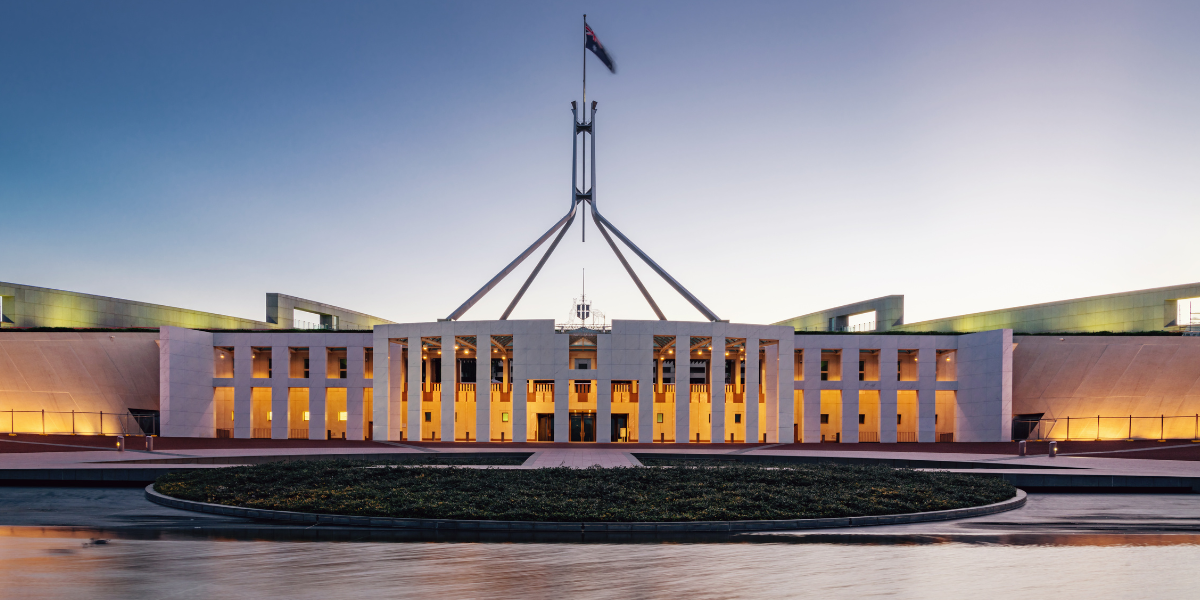Australia’s Northern Territory (NT) newly elected Country Liberal Party has presented its 2025-26 budget for the province on 13 May 2025.
Chief Minister Lia Finocchiaro and Treasurer Bill Yan have emphasised key priorities in the budget, including tackling crime and bolstering funding for public services, particularly in hospitals and correctional facilities.
The budget outlines a rise in the Territory’s net debt, increasing from AUD 10.5 billion to over AUD 12.2 billion in 2025-26, with projections indicating it could climb to nearly AUD 14 billion by 2028-29.
The key highlights of the NT’s 2025-26 budget are:
Payroll tax and stamp duty exemptions for charities and not-for-profits
- From 1 July 2025, the payroll tax and stamp duty exemptions available for charities and not-for-profit entities will be simplified and broadened by removing the “commercial and competitive” restrictions on those exemptions.
- For the payroll tax exemption, charities and not-for-profit entities are no longer required to substantiate that wages are excluded for staff engaging in commercial or competitive activities.
- For the stamp duty exemption, these entities are no longer required to substantiate that the acquired property is used solely in a manner that is not commercial or competitive.
Gambling tax changes
The Gaming Control Act 1993 is being amended to set a minimum 50% tax rate for activities conducted under an internet gaming licence, effective 1 July 2025. Gambling taxes in the Territory consist of community gaming machine tax, bookmaker tax, lotteries tax, community benefit levy, casino/internet tax, betting exchange tax, and wagering tax.
Taxes on insurance
Territory insurance tax presently consists of stamp duty on general insurance policies. Stamp duty is calculated at 10% of the premium paid on all general insurance products relating to property or risk in the Territory.
Land tax
The 2025-26 budget cites the 2025 Commonwealth Grants Commissioner report, which estimates the NT could generate AUD 79 million annually by adopting an average state land tax policy. However, no land tax is currently in the NT.













